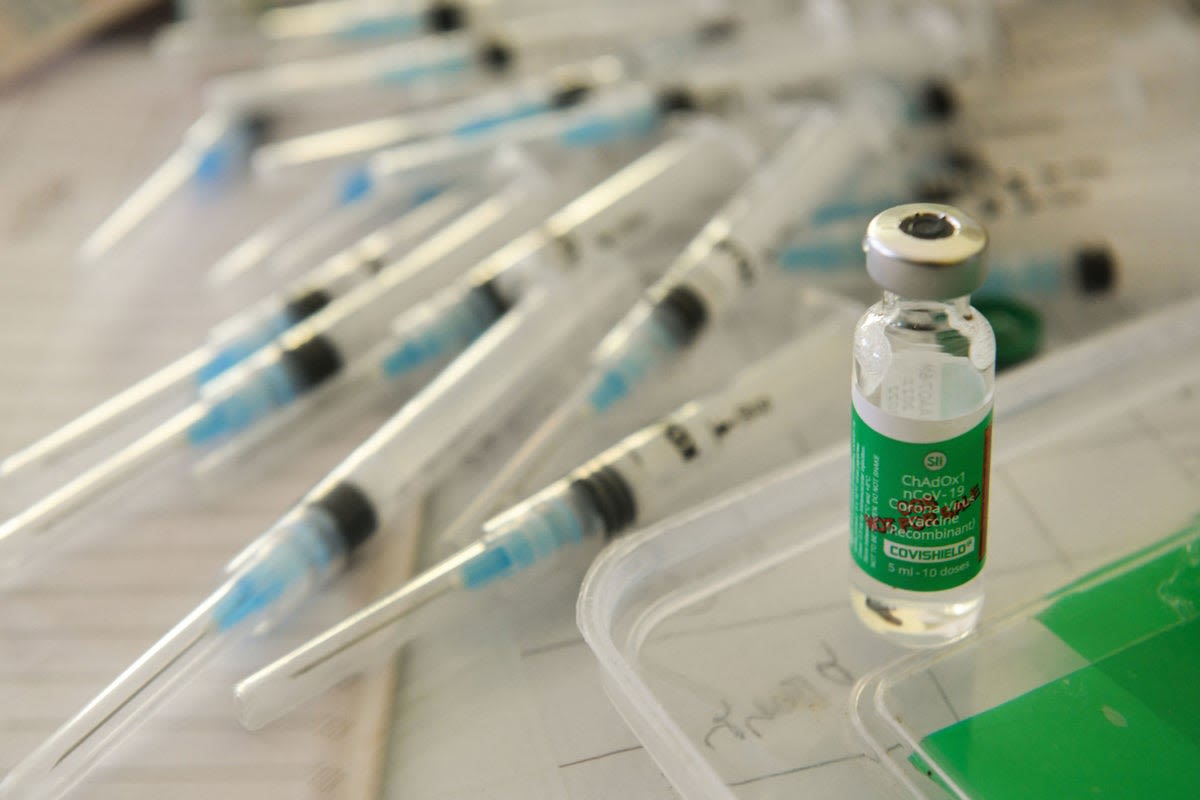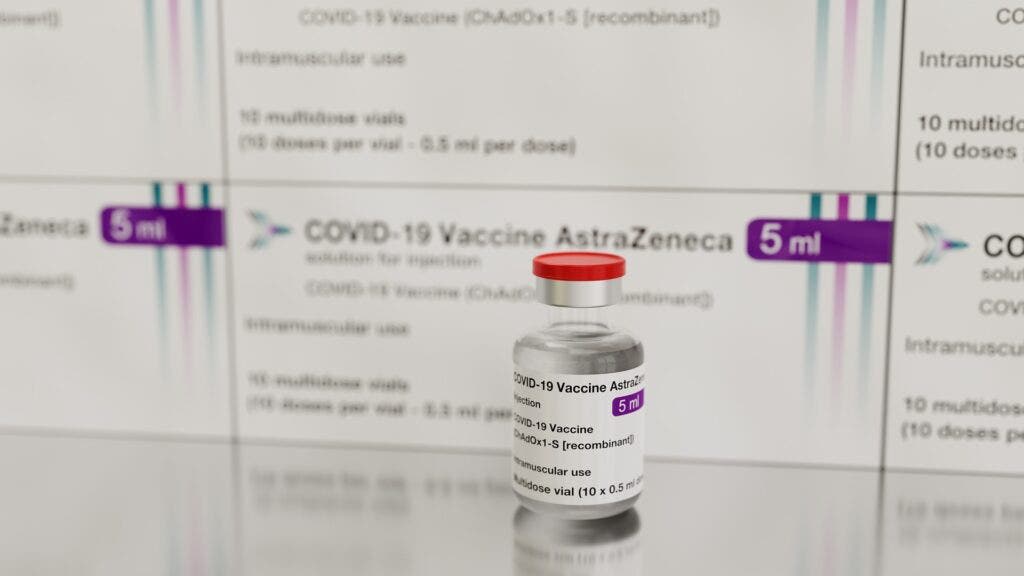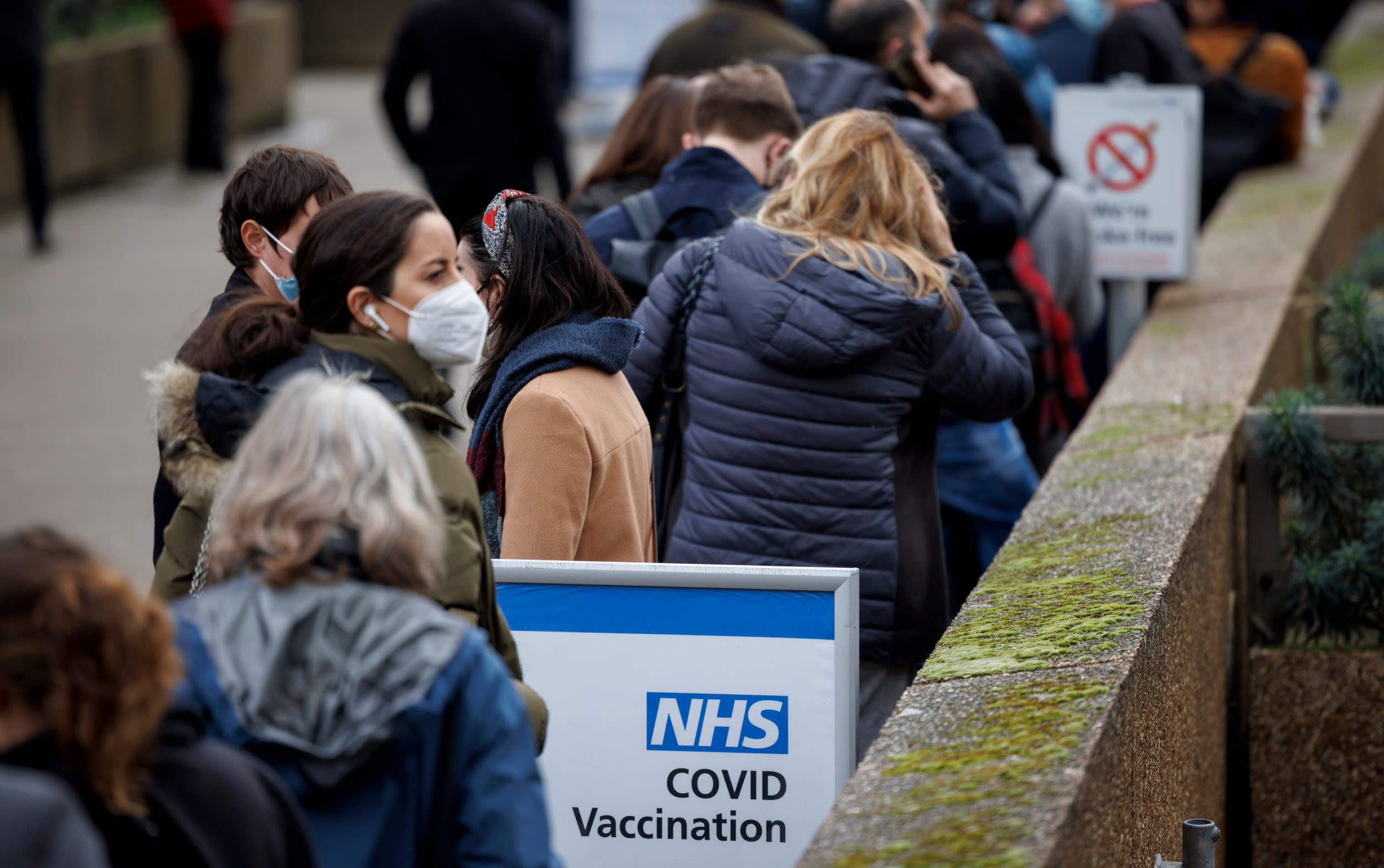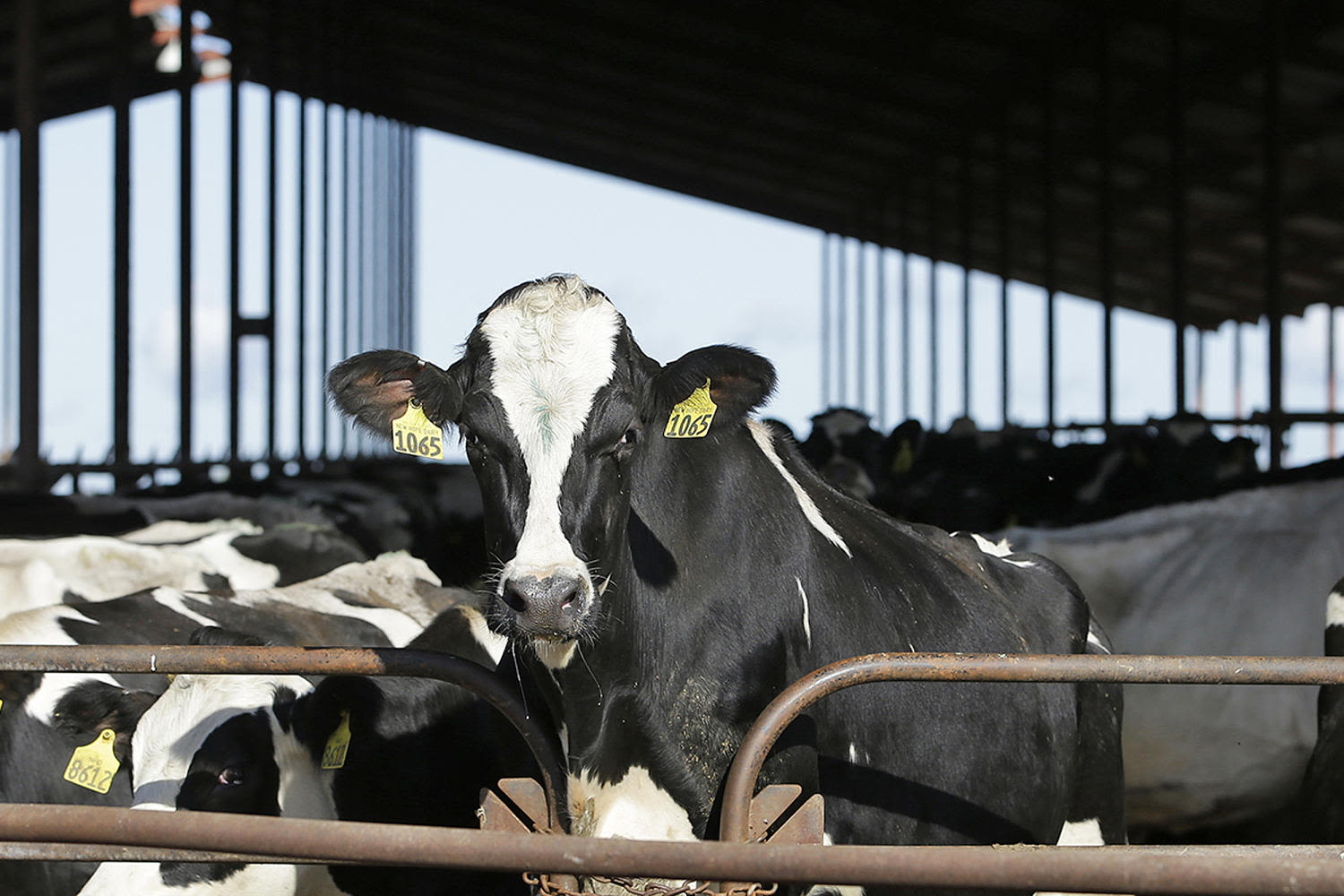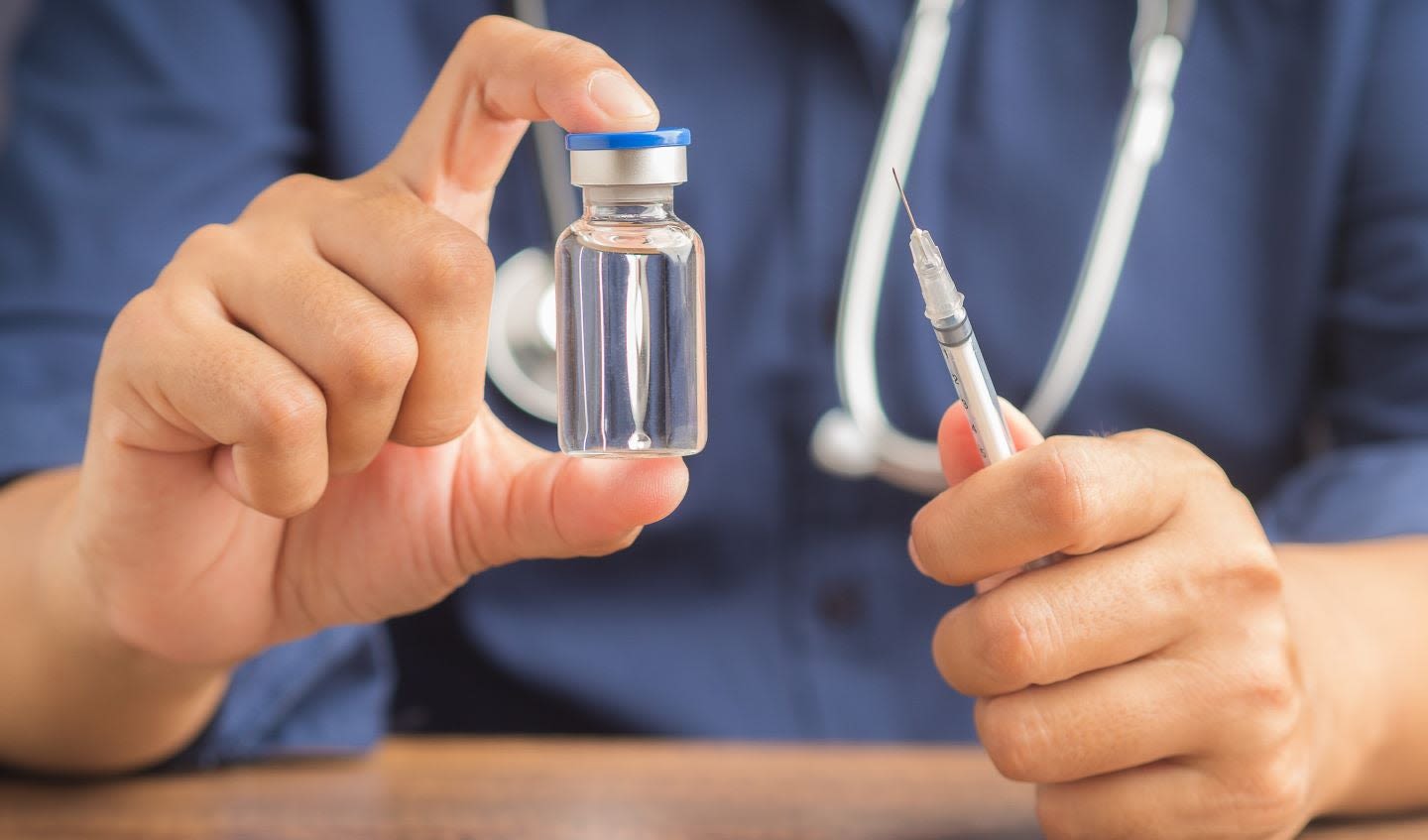Search results
- DictionaryVac·cine/vakˈsēn/
noun
- 1. a substance used to stimulate the production of antibodies and provide immunity against one or several diseases, prepared from the causative agent of a disease, its products, or a synthetic substitute, treated to act as an antigen without inducing the disease: "every year the flu vaccine is modified to deal with new strains of the virus"
A vaccine is a biological preparation that provides active acquired immunity to a particular infectious or malignant disease. The safety and effectiveness of vaccines has been widely studied and verified.
May 24, 2023 · Vaccines work by imitating an infection —the presence of a disease-causing organism in the body—to engage the body’s natural defenses. The active ingredient in all vaccines is an antigen, the name for any substance that causes the immune system to begin producing antibodies. In a vaccine, the antigen could be either.
Sep 1, 2021 · Vaccine: A preparation that is used to stimulate the body’s immune response against diseases. Vaccines are usually administered through needle injections, but some can be administered by mouth or sprayed into the nose.
- www.who.int
- › Newsroom
- › Feature stories
- › Detail
Dec 8, 2020 · How vaccines help. Vaccines contain weakened or inactive parts of a particular organism (antigen) that triggers an immune response within the body. Newer vaccines contain the blueprint for producing antigens rather than the antigen itself.
News about AstraZeneca, Covid-19 vaccine, Covid vaccine
News about Covid-19, side effects, vaccines
News about bird flu, H5N1, vaccine
Also in the news
Jan 21, 2022 · Yale Medicine offers an overview of vaccines, and what it means for the possibility of a COVID-19 vaccine.
Nov 3, 2023 · As the coronavirus disease 2019 (COVID-19) continues to cause illness, you might have questions about COVID-19 vaccines. Find out about the different types of COVID-19 vaccines, how they work, the possible side effects, and the benefits for you and your family.
- www.who.int
- › Health topics
Mar 25, 2024 · Vaccination is a simple, safe, and effective way of protecting people against harmful diseases, before they come into contact with them. It uses your body’s natural defences to build resistance to specific infections and makes your immune system stronger.
